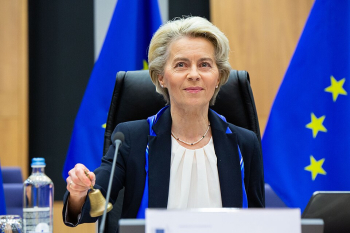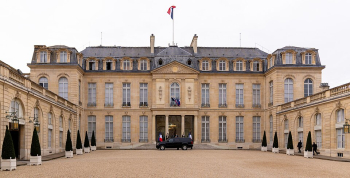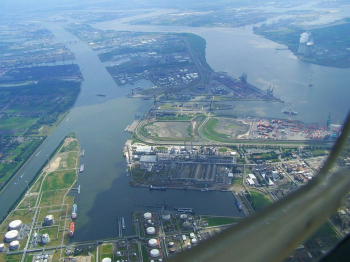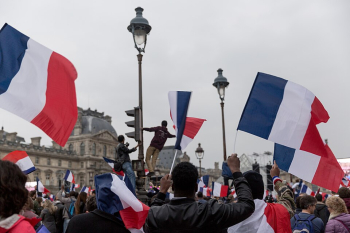
Over the past decade, Russia, under the leadership of President Vladimir Putin, has been involved in an energy war with Europe. This war has taken on many forms, from the
annexation of Crimea to the construction of the Nord Stream 2 pipeline. However, despite Russia's best efforts, Putin has ultimately failed in his attempts to gain the upper hand in this energy war.
One of the main reasons for Putin's failure is the changing nature of the global energy landscape. With the rise of renewable energy and the increasing demand for cleaner energy sources, the demand for traditional fossil fuels has been steadily declining. This has put Russia, a country heavily dependent on the export of oil and gas, in a precarious position.
In addition, Europe has been actively seeking to diversify its energy sources and reduce its dependence on Russian gas. This has led to the development of alternative energy routes, such as the Southern Gas Corridor, which brings gas from Azerbaijan to Europe. The development of these alternative routes has significantly weakened Russia's bargaining power in negotiations with European countries.
Another factor contributing to Putin's failure is the increasing pushback from European countries, who are wary of Russia's political and military ambitions. The annexation of Crimea and the ongoing conflict in eastern Ukraine have soured relations between Russia and Europe, making it difficult for Russia to secure favorable energy deals.
Furthermore, Putin's aggressive tactics, such as the use of energy as a political weapon, have further alienated European countries. In 2014, Russia cut off gas supplies to Ukraine, causing shortages in several European countries. This move was widely condemned by European leaders, who saw it as an attempt to exert political pressure on Ukraine and Europe.
The construction of the Nord Stream 2 pipeline has also been a significant source of tension between Russia and Europe. The pipeline, which would transport gas from Russia directly to Germany, has faced strong opposition from several European countries, including Poland and the Baltic states. They argue that the pipeline would increase Europe's dependence on Russian gas and give Russia too much leverage over European energy markets.
Despite these challenges, Putin has continued to pursue his energy ambitions, relying on his country's vast natural resources and strategic location. However, as the global energy landscape continues to shift and Europe seeks to reduce its dependence on Russian gas, it is becoming increasingly clear that Putin's energy war has failed.
In conclusion, Putin's attempts to gain the upper hand in the energy war against Europe have been unsuccessful. The changing energy landscape, the pushback from European countries, and Russia's own aggressive tactics have all contributed to Putin's failure. As Europe continues to seek alternative energy sources and reduce its dependence on Russian gas, it remains to be seen how Russia will respond and what the future of the energy war will look like. Photo by Pjotr Mahhonin, Wikimedia commons.

















